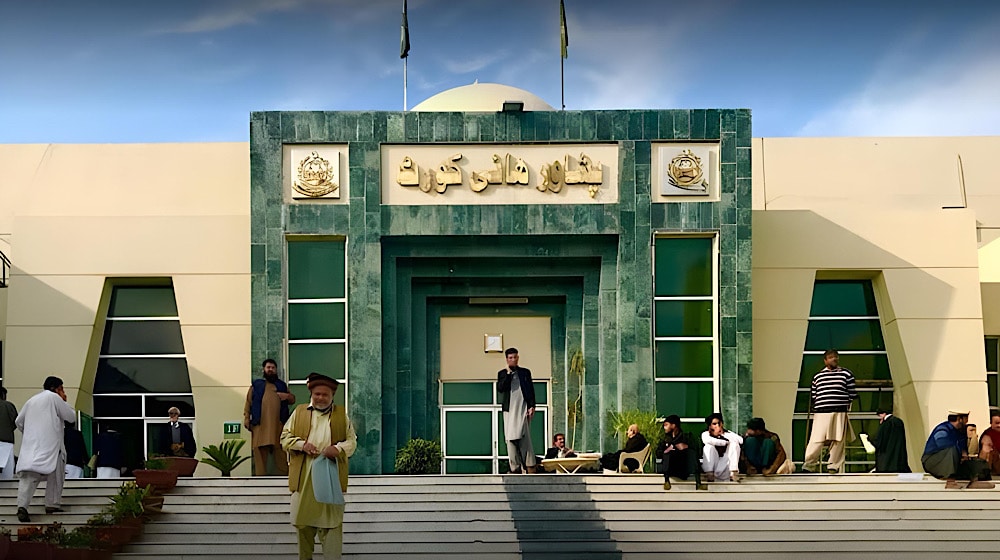A drone strike could be the cause of an explosion that hit three tankers of oil inside Abu Dhabi and another fire in an Extension to Abu Dhabi International Airport on Monday, killing three people and injured six others, the police said.
Abu Dhabi police identified the victims as being two Indian citizens and one Pakistani. They did not provide the names of those injured, whom police say had minor or moderate injuries.
Police have said that an investigation is in progress.
Although Abu Dhabi police did not immediately identify any suspects to the attack the Yemeni Houthi rebels claimed to be responsible for the attack on an area in the United Arab Emirates, without providing details. The Iran-backed Houthis are said to have claimed various attacks that Emirati officials later denied taking were carried out.
The incident occurs as Yemen’s war, which has been going on for years, is raging and an Emirati-owned vessel was recently captured from the Houthis. The Houthis are a threat to the Emirati flag. Abu Dhabi largely has withdrawn its forces from the conflict , tearing away the Arab world’s most impoverished nation, while remaining in support of local militias.

Abu Dhabi police said preliminary investigations revealed the presence of flying objects that were small that could be drones, which fell into the two locations and could be the cause of the fire and explosion. The police said there was no damage of any kind caused by the incident, but without providing further details.
The airport fire was described by police in the airport as “minor” and said it was a result of one of the extensions to airport, which is currently in construction.
The airport that is home to Etihad Airways is currently building its brand new Midfield Terminal, but it wasn’t known where the fire started.
Etihad and the airport Etihad did not respond immediately to queries for clarification However, there were several flights that were delayed in the early hours of Monday.
The blast, according to police, hit three tankers for transporting petroleum close to a storage facility of the Abu Dhabi National Oil Co. located in the Musaffah region.
The area, which is 22 kilometers (13 miles) away from Abu Dhabi city, also has an oil pipeline as well as 36 storage tanks where transport trucks transport fuel throughout the nation.
Also Read: China could surpass the US soon
The news broke on Monday that Houthi spokesperson for the military Yahia Sarei claimed that the group had began an attack in the UAE. He didn’t provide any additional details, but said the announcement would be made shortly.
The site for ADNOC’s ADNOC storage facility, where tankers were caught in fire is about 1,800 kms (1,100 miles) northeast of Saada The Houthis”stronghold” in Yemen.
The UAE has been at war in Yemen since early 2015 and was a key member of the Saudi-led coalition that launched attacks against the Iranian-backed Houthis after the group overran the capital of Yemen and ousted the internationally-backed government from power.
While the UAE has reduced its number of troops in the field, it is still to actively participate in the conflict and provides support to crucial militias fighting Houthis. It also collaborates together with United States in counter-terrorism operations in Yemen.
The Houthis are being pushed back over the last few weeks and have suffered massive losses Yemeni forces, with the help of and supported by the UAE are able to repress the rebels in the key central and southern provinces of the country.
Yemen’s government-aligned forces aided by UAE-backed Giants Brigades and with help from Saudi air strikes, took back all of the southern region Shabwa of the Houthis in the month of March and also made progress in the close Marib province.
The news comes in the midst of South Korea’s President Moon Jae-in travels to the UAE. In a meeting between the president and Emirati PM as well as Dubai leader Sheikh Mohammed bin Rashid Al Maktoum on Sunday The two countries are said to have agreed on a preliminary agreement valued at about $3.5 billion to purchase intermediate-range South Korean surface-to-air missiles to the UAE.
The Houthis have previously claimed to have carried out attacks on the airport in Abu Dhabi as well as the Emirate’s Barakah reactor. This is a claim which Emirati officials have repeatedly denied.
The Houthis have employed drones laden with bombs to launch crude and incoherent attacks targeted toward Saudi Arabia and the UAE throughout the conflict.
The group also fired missiles at Saudi airports pipelines, oil facilities, and airports as well as employed boats that were booby-trapped to launch attacks on important shipping routes.
Although there have been some casualties among civilians from Saudi Arabia from some of these attacks, the vast amount of civilian deaths has been in Yemen. The war has claimed the lives of 130,000 individuals within Yemen — fighters and civilians and has increased food insecurity and famine across the poor country.
Torbjorn Soltvedt, an analyst at the risk intelligence firm Verisk Maplecroft, said although suspicion is likely to be centered on the Houthis however, militias from Iraq are threatening their fellow Emiratis by launching attacks.
“Today’s attack comes only days after Iran-backed groups threatened to strike against Abu Dhabi in response to alleged Emirati interference in Iraqi politics,” the official said.
“The attack is another reminder of the highly complex missile and drone threat faced by the UAE and the region’s other main oil producers,” said the source.
“Unless the Gulf Cooperation Council states can find a solution to defuse regional tensions, or deter hostility from regional state and non-state actors, they will remain vulnerable to attacks.”



